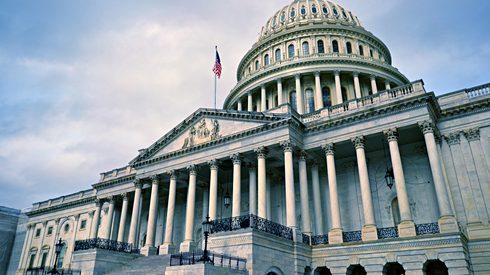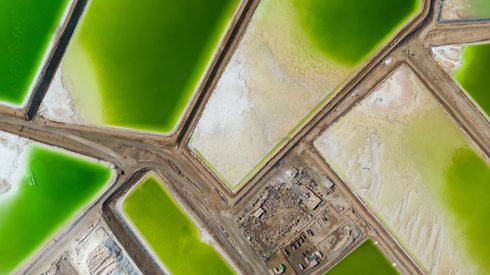The announcement was made on Monday September 4 and has exacerbated supply concerns in the nickel market, sources said.
Indonesia is the largest global nickel ore producer, with roughly 30% of its annual output from North Maluku, according to the country’s Ministry of Energy and Mineral Resources.
Due to concerns of mining-induced pollution along the Sagea river, on Monday, the provincial Environmental Bureau advised PT Weda Bay Nickel, PT Halmahera Sukses Mineral, PT Tekino Energi, PT First Pacific Mining and PT Karunia Sagea Mineral to halt mining activities pending the completion of an investigation and the subsequent release of evaluation results, according to Chinese media reports.
“It’s just a proposal, though, nothing is solid yet,” a nickel industry source said.
“Mining output from Weda Bay chiefly goes to Sulawesi island, where most nickel projects are located,” a Shanghai-based nickel trader said, adding that any feedstock disruptions would adversely affect downstream nickel production.
The proposal comes at a time when the southeast Asian country is already cracking down on illegal nickel mining by suspending the issuance of ore mining quotas.
The crackdown has already rocked nickel ore markets, with participants panic buying nickel pig iron (NPI) and nickel ore, sources told Fastmarkets, adding that there have been no announced production cuts thus far.
Furthermore, the ore-rich country fully banned nickel ore exports in 2020 to draw downstream investment for its domestic stainless steel and battery-grade nickel production, a ban which remained in place at the time of writing.
“[Right now] it’s still hard to ascertain any [supply] impact because none of the producers have stopped or reduced output. Kai Wang, an analyst source with Jiangsu Yonggang, said. “But fears have been lingering over a supply crunch, particularly for class 2 nickel.”
Fastmarkets’ price assessment for nickel pig iron, high-grade NPI content 10-15%, spot, ddp China was 1,160-1,180 yuan ($159-162) per nickel unit on Friday September 1, retreating by 0.85% from the week prior one week before.
To add to market woes, supply disruptions in mixed hydroxide precipitate (MHP) from a producers operating in Indonesia were also reported due to the producer’s failure to obtain an operation certificate from the local government, a source told Fastmarkets.
“I’m not sure if there are any correlations between the recent mining probe and the MHP operation certificate issue,” the source said.
“Maybe the current nickel price is not profitable enough for [Indonesia], which might go some way to explaining the set of supply headwinds,” the analyst Wang said.
The three-month nickel price on the London Metal Exchange (LME) was most recently hovering just shy of $21,000 per tonne. Th benchmark price closed at $20,957 per tonne on Tuesday September 5, up from $20,750 per tonne the day prior, but in sharp contrast from its high at $31,325 per tonne on January 3.
Keep up to date with the latest news and insights on our dedicated battery materials market page.






